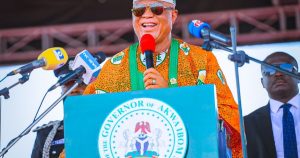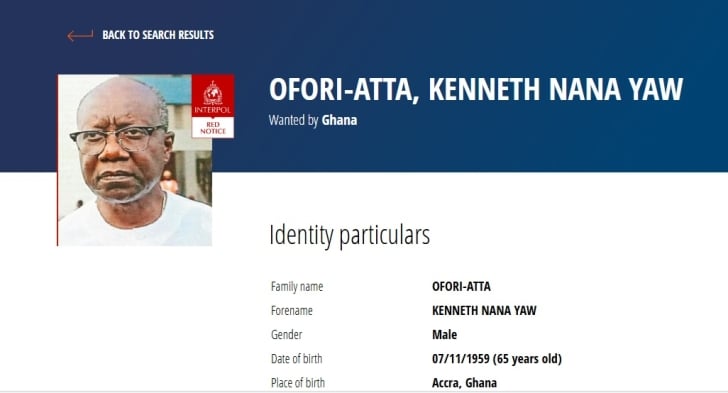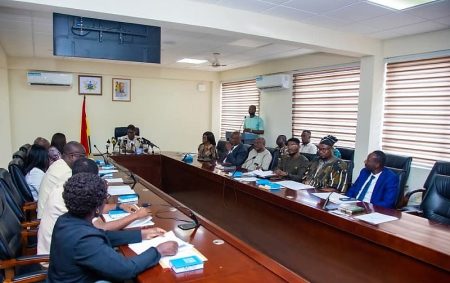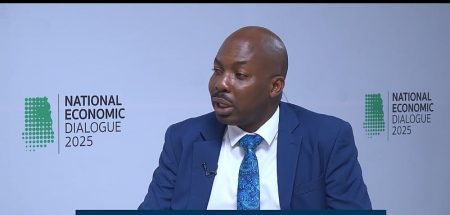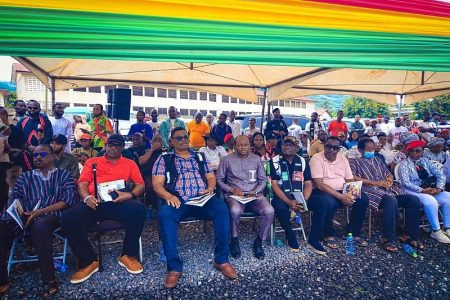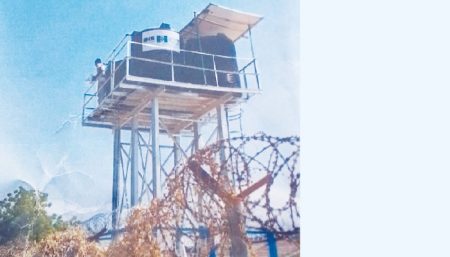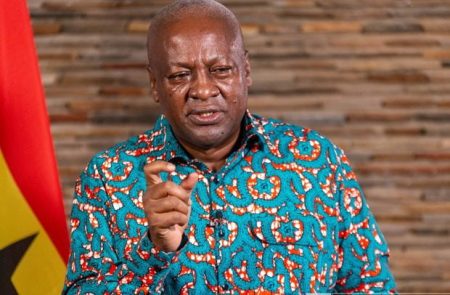The issuance of an Interpol Red Notice for Ken Ofori-Atta, Ghana’s former Finance Minister, marks a significant escalation in the ongoing investigations into alleged corruption and abuse of office during his tenure. The notice, effectively placing him on the international wanted list, stems from Ofori-Atta’s failure to appear before the Office of the Special Prosecutor for questioning on June 2nd. This move underscores the seriousness of the allegations and the Ghanaian authorities’ determination to hold him accountable for his purported actions. The Red Notice, while not an international arrest warrant, requests law enforcement worldwide to locate and provisionally arrest Ofori-Atta pending extradition, subject to each country’s national laws and procedures. This development throws a spotlight on the intricate web of investigations surrounding Ofori-Atta and the potentially far-reaching consequences for Ghana’s political and economic landscape.
The investigations targeting Ofori-Atta encompass a range of significant national projects and financial arrangements that took place during his time as Finance Minister. One key area of scrutiny revolves around contracts in the petroleum and minerals sector, specifically those between Strategic Mobilisation Ghana Limited and the Ghana Revenue Authority (GRA). This line of inquiry likely aims to uncover potential irregularities in revenue assurance processes and determine whether these contracts were awarded and executed in a transparent and lawful manner. Another focal point lies within the electricity sector, specifically regarding the termination of a contract between the Electricity Company of Ghana and Beijing Xiao Cheng Technology (BXC). Investigators are likely examining the circumstances surrounding the termination, including any potential financial implications and whether due process was followed.
Further deepening the complexity of the investigations is the controversial National Cathedral project. This ambitious undertaking has been mired in controversy from its inception, with concerns raised about procurement processes, financial management, and the overall transparency of the project’s execution. Ofori-Atta’s role in overseeing the project’s finances places him at the center of these inquiries, as investigators seek to determine whether public funds were misused or mismanaged. The investigation into the ambulance procurement contract awarded to Service Ghana Auto Group Limited for the supply and maintenance of 307 ambulances adds another layer to the allegations against Ofori-Atta. This particular contract has attracted significant public attention, with questions raised about the procurement process and the overall value for money provided to the Ghanaian taxpayer.
The management and disbursement of funds from the GRA’s Tax P-Fund Account constitute yet another area of investigation. This account, designed for specific tax-related purposes, is now under scrutiny to determine whether funds were utilized appropriately and in accordance with established regulations. The breadth and depth of these investigations paint a picture of widespread concerns regarding financial management and potential impropriety during Ofori-Atta’s tenure. The sheer number of projects and financial arrangements under investigation suggests a systemic issue that requires thorough examination.
While the Interpol Red Notice lists a single charge against Ofori-Atta – “using public office for profit” – this charge encapsulates the broader allegations of corruption and abuse of office that underpin the various investigations. This charge directly implies that Ofori-Atta leveraged his position for personal gain, potentially at the expense of the Ghanaian public. The fact that this is the sole charge listed on the Red Notice suggests that investigators have gathered sufficient evidence to support this specific allegation, even as they continue to delve into the specifics of each individual investigation.
The Ghanaian authorities’ decision to pursue an Interpol Red Notice underscores their commitment to holding Ofori-Atta accountable and their belief that he poses a flight risk. His failure to comply with summons, despite repeated requests, has left authorities with little option but to escalate the matter to the international level. The Red Notice serves as a powerful tool for international cooperation in law enforcement, effectively extending the reach of Ghanaian authorities beyond their borders. The issuance of the notice sends a clear message that Ghana is determined to pursue justice and combat corruption, regardless of the individual’s position or influence. The coming weeks and months will be crucial in determining the next steps in this complex case, with potential implications for Ghana’s political and economic future.



